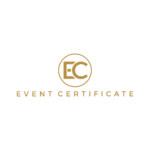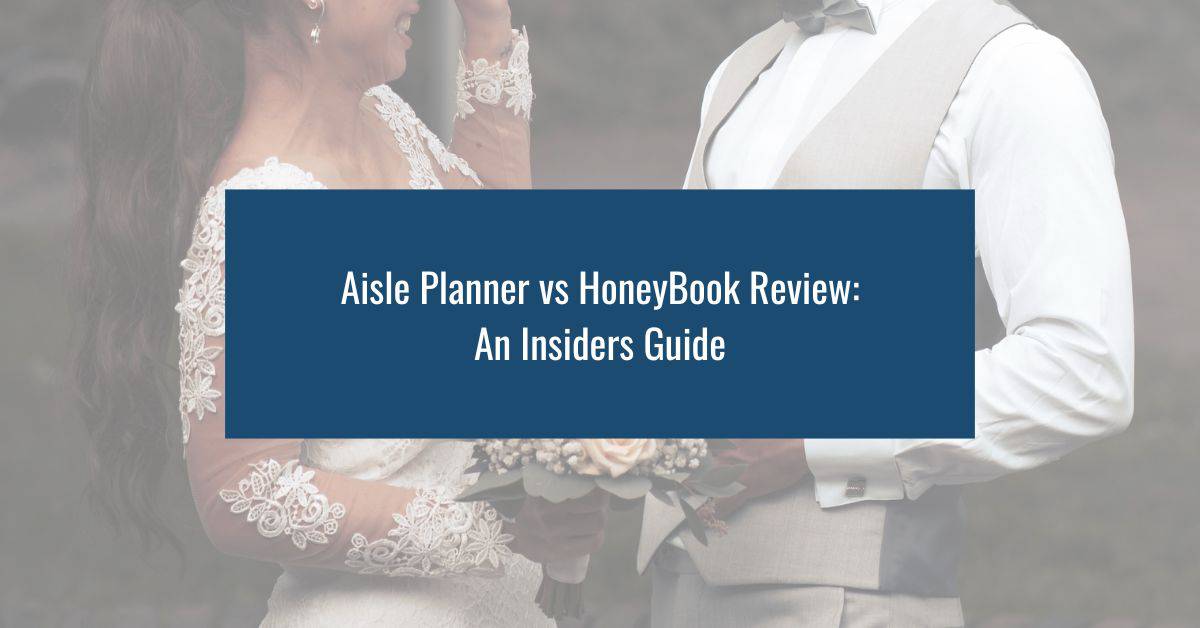
See an updated version of this post here.
Pricing seems to be a struggle for most new event planners. Determining your pricing structure, particularly when you are just starting out, can be quite difficult. When I started planning events it was mainly for family and friends and I charged $0 (that's right, not even for supplies!). Once I started planning events for clients I was even more clueless as to what my pricing should be, and I seriously undercharged for my services in an effort to not lose clients. How can you avoid this? By following these tips:
Check what others are charging
Before you settle on a price for your services, call around and find out what other planners in your area are charging. Not everyone will agree with this method, as it can seem dishonest, you will need to call a planner as a "potential client" to get this estimation. That being said it is by far the best way to gauge where your fees should be. For example, I live in Toronto where hourly fees for an event planner can range from $50-$150 per hour. If I were a new planner I might not be able to demand $150, however if I have some experience and skills I could estimate a starting hourly rate of $75. Head over to google and search along the lines of "What event planners charge in Toronto" for your area and see what you can come up with.
Determine your fee structure
One of the difficulties with determining what to charge is that not all planners use the same fee structure. Some event planners will charge an hourly rate, others charge a percentage and some a flat fee. How do you determine what to charge? This will depend on your business and is something that might need to be adjusted as your business evolves. Let's use myself as an example. I started out charging a flat fee. The first time I planned a fundraising gala I was unaware of how many hours would be needed to plan the event and therefore hesitated to use an hourly structure for fear of scaring off my first major client . I charged $1000 for my planning services, which was rather conservative considering I spent close to 100 hours planning a rather elaborate gala. That meant I got paid $10 per hour! But as I stated earlier this is where you will need to adjust your pricing as your business and experience evolves.
Customize to suit your clients
Now that I have a bit more experience in the industry, my fees are a bit more fluid. My fees will now depend on the type of event I am planning. When I am working with corporate clients I charge a percentage of the total expenses at 15% plus any administrative costs such as event insurance. If I am working with lower budget organizations such as non-profits or budget conscious brides, a percentage fee would not accurately reflect the price of my services and in these instances I will charge a flat fee or an hourly rate.
If you are working with a bride/groom who are budget conscious it might also be helpful to create a planning package with a fixed price that outlines what is provided and your terms. An example of this is offering a full service package, a month of coordination package and a day of coordination package. Do a bit of research online to see what other planners include in their packages and their cost. If you are working with clients with budgets over $100,000 who are more focused on the overall event experience rather than the cost, I would suggest charging a percentage fee. This will allow you to include all services the client requires without fear of going over their budget.
Your takeaway...
Once you have determined your rates it is important that you stick to these. If you have decided that your hourly rate is $75, do not change this price to $50 for another client. Each event planning project will be unique so you will need to use your judgement to determine the pricing structure that works best for your client and yourself, however the price itself should never fluctuate. It is not credible to charge one client 15% and another 20%, and if this becomes known the reputation of your business can be questioned.
Track your hours and tasks. Once you get started, be meticulous about tracking how many hours you spend planning each of your events and the type of tasks you are working on. This can also be used when you meet with your clients, to outline how many hours are being spent on their event and ensure there is a transparency in your process.
Be confident about your rates. You are providing a service that includes not only your knowledge and skills but also your time. Once you know your value, you can show your clients why they should hire you and how your company/service stands out from the event planner charging $20 per hour.




